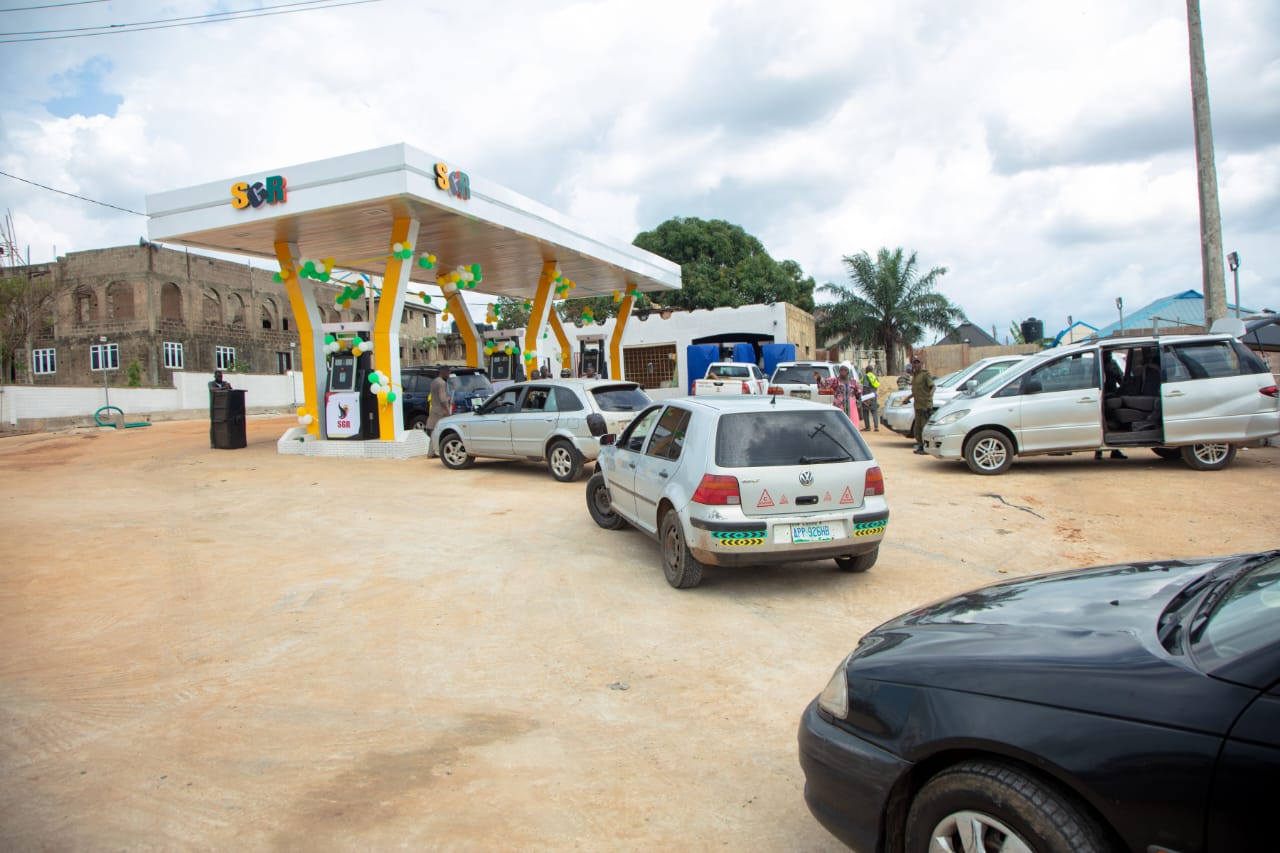BUSINESS

PETROL MARKETER JUSTIFIES N899 PUMP PRICE, CITES MARKET REALITIES APRIL 21, 2025 – LAGOS, NIGERIA
Amid growing public outcry over soaring fuel prices, a major petroleum marketer has defended the current pump price of N899 per litre, citing harsh market realities, volatile foreign exchange rates, and the removal of government subsidies as key contributors.
Speaking in an interview with journalists in Lagos on Monday, Mr. Tunde Alabi, Managing Director of Alabex Energy Limited, urged Nigerians to understand that the pricing is not arbitrary but reflects the true cost of product importation and distribution in a deregulated economy.
"We’re Not Exploiting the Public" – Marketer Says
According to Mr. Alabi, the current price mirrors the cost burden faced by independent marketers, who now operate without the cushion of federal subsidies.
"People think we’re profiting unfairly, but they don’t understand the pressure we’re under," Alabi said. "Importers are sourcing dollars at nearly N1,600 on the parallel market. Add logistics, storage, taxes, and retail operations—N899 is not a luxury, it’s survival."
He emphasized that with no Nigerian refinery operating at full capacity, marketers rely heavily on imported petroleum products, which are vulnerable to global price fluctuations.
Fallout of Full Deregulation
Since the full removal of petrol subsidies in 2023, Nigeria has witnessed a sharp rise in fuel prices, triggering inflation across sectors and sparking heated debates over the true benefits of deregulation.
Government officials continue to maintain that deregulation will attract private investment in local refining and ultimately stabilize the market. However, the short-term effects have been punishing for average Nigerians.
Public Frustration Mounts
The justification has done little to calm frustration on the streets. Commuters and small business owners say the N899 price tag is unsustainable and threatens livelihoods.
"Transportation costs have tripled. We’re barely surviving," said Hauwa Yusuf, a food vendor in Abuja. "They keep talking about market forces, but what about our realities?"
Social media platforms have also been buzzing with criticism, with many calling on the government to urgently intervene or provide targeted relief for low-income earners.
Government Yet to Respond
As of press time, the Nigerian Midstream and Downstream Petroleum Regulatory Authority (NMDPRA) had not issued an official response to the price hike, though sources indicate a meeting with major marketers is scheduled later this week.
Analysts predict that unless forex challenges are resolved and local refining capacity increases, Nigerians may face further upward price adjustments in the coming months.
Looking Ahead
Despite the backlash, Mr. Alabi insists that transparency and long-term planning are key to addressing the crisis.
"We sympathize with Nigerians, truly. But this is not greed—it's the system. Until we fix the structural issues, we’ll keep dancing in circles."
For now, consumers brace for more tough days ahead, as petrol remains both an essential commodity—and a growing source of national tension.
"This represents a significant development in our ongoing coverage of current events."— Editorial Board









